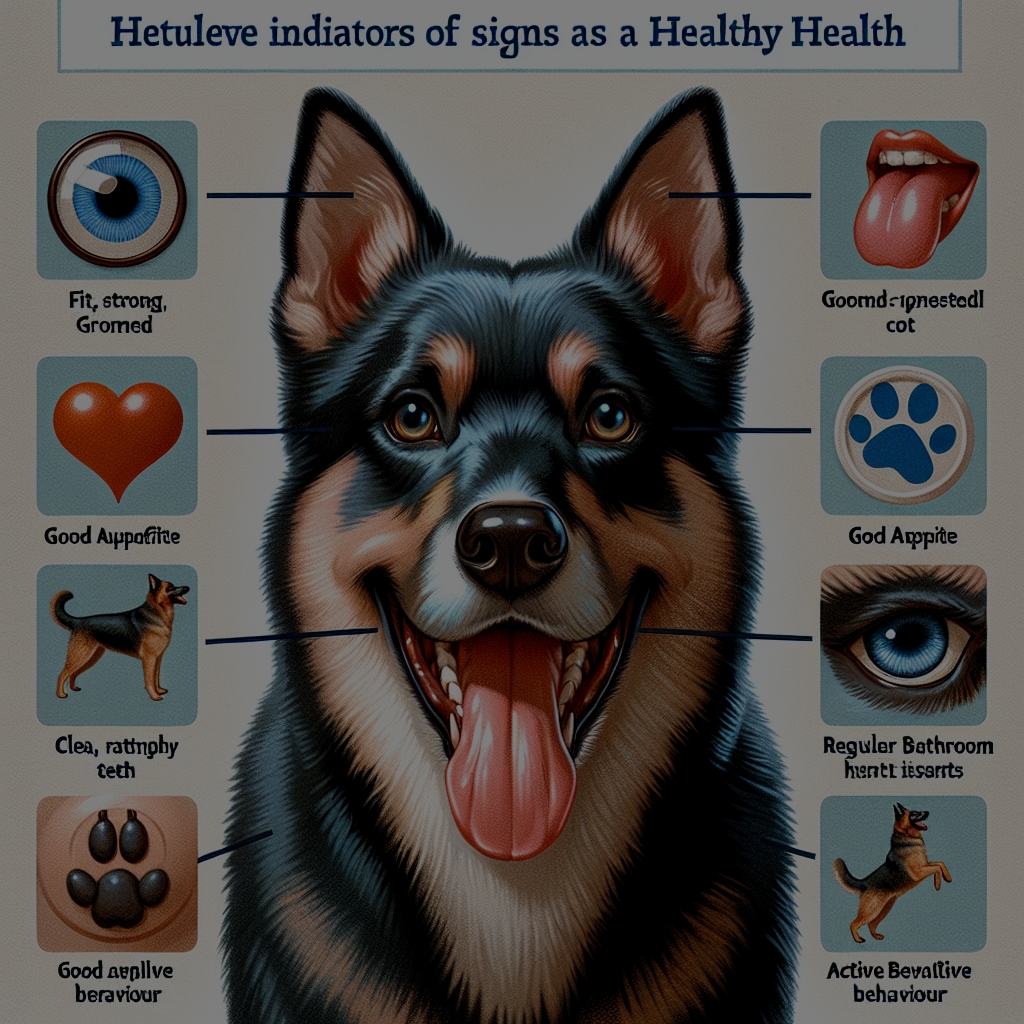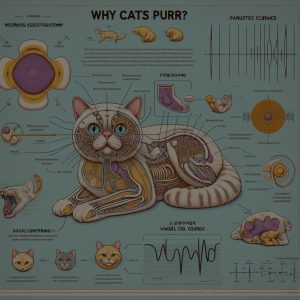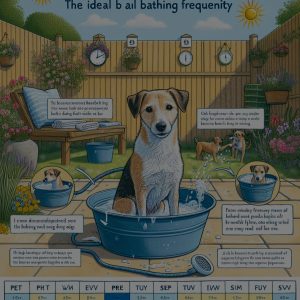
A healthy dog is a joy to behold and a testament to responsible pet ownership. Understanding the indicators of a healthy dog is crucial for ensuring their well-being and longevity. From physical attributes like a shiny coat and bright eyes to behavioral signs like energetic playfulness, several key indicators can help you monitor your dog’s health. This article will delve into these essential signs, providing you with a comprehensive guide to gauge your canine companion’s health status.
Shiny Coat and Healthy Skin: Vital Signs of Well-being
A shiny coat is often one of the most noticeable indicators of a healthy dog. A healthy coat should appear smooth and glossy, which reflects adequate nutrition and proper grooming. Dull, brittle, or greasy fur can be a sign of underlying health issues such as poor diet, allergies, or skin infections. Regular brushing and a balanced diet rich in essential fatty acids, vitamins, and proteins contribute significantly to maintaining a lustrous coat.
Healthy skin is just as crucial as a shiny coat. The skin should be free of flakes, sores, and irritations. Dogs with healthy skin will not exhibit excessive scratching, licking, or biting at their skin, which can be symptomatic of allergies, parasites, or other dermatological conditions. Regular checks for unusual lumps, bumps, or redness are important in catching potential problems early.
Hydration also plays a vital role in skin health. Ensuring that your dog has access to clean, fresh water at all times helps maintain their skin and coat condition. Dehydrated skin can become dry and flaky, leading to discomfort and potential infections. A well-hydrated dog is more likely to have healthy, resilient skin and a glossy coat.
Bright Eyes and Clean Ears: Indicators of Health
Bright, clear eyes are another telltale sign of a healthy dog. Your dog’s eyes should be free of discharge, redness, or cloudiness. Any changes in the eyes, such as persistent tearing, squinting, or visible discomfort, should prompt a visit to the veterinarian. These symptoms can indicate infections, allergies, or more serious conditions like glaucoma or cataracts.
Clean ears are equally important for your dog’s overall health. Healthy ears are typically free of wax buildup, unpleasant odors, or discharge. Regularly check your dog’s ears for signs of infection, such as redness, swelling, or a foul smell. Dogs prone to ear infections, particularly breeds with floppy ears, may require more frequent cleanings and vet check-ups.
Maintaining eye and ear health involves regular grooming and preventative care. Trim the fur around the eyes to prevent irritation and clean the ears with a vet-approved solution to avoid infections. Avoid using cotton swabs inside the ear canal, as they can cause damage. Instead, gently wipe the outer ear with a damp cloth or a designated ear wipe.
Energetic Behavior and Playfulness: Vital Signs of a Fit Dog
A healthy dog is often an energetic and playful one. Regular exercise and an active lifestyle are vital for maintaining your dog’s health. A fit dog will show enthusiasm for walks, playtime, and interactive activities. Lethargy or a sudden decrease in activity levels can be a sign of illness or discomfort and should be addressed promptly.
Playfulness is a natural behavior for dogs and a good indicator of their mental and physical health. Engaging in activities like fetch, tug-of-war, and puzzle toys stimulates both their mind and body. A playful dog is generally a happy and well-adjusted one, benefiting from social interaction and mental stimulation.
It’s important to tailor the level of activity to your dog’s age, breed, and physical condition. Puppies and young dogs typically need more vigorous exercise, while older dogs may require gentler, low-impact activities. Regular vet check-ups can help determine the appropriate level of activity for your dog, ensuring they remain healthy and fit throughout their life.
Normal Appetite and Weight: Key Indicators of Canine Health
A normal appetite is a fundamental indicator of a healthy dog. Dogs that consistently eat well-balanced meals at regular intervals are likely receiving the necessary nutrients for their well-being. Changes in eating habits, such as loss of appetite or excessive hunger, can signal health issues ranging from gastrointestinal problems to metabolic disorders.
Maintaining a healthy weight is equally important. Dogs that are overweight or underweight are at risk for various health conditions, including diabetes, heart disease, and joint problems. Regularly monitoring your dog’s weight and body condition score can help you catch any deviations early. Consult your veterinarian to determine the ideal weight for your dog based on their age, breed, and activity level.
Feeding a balanced diet suited to your dog’s specific needs is crucial for maintaining their health. Ensure their diet includes high-quality proteins, fats, vitamins, and minerals. Avoid feeding them table scraps or excessive treats, which can contribute to weight gain and nutritional imbalances. Regular vet visits for dietary consultations can help you keep your dog’s appetite and weight on track.
Monitoring key indicators of your dog’s health is essential for ensuring they live a long, happy, and healthy life. By paying attention to their coat, skin, eyes, ears, behavior, appetite, and weight, you can catch potential health issues early and seek appropriate veterinary care. Remember, a healthy dog is a reflection of responsible pet ownership and proactive care. Regular vet check-ups, a balanced diet, and an active lifestyle are the cornerstones of your dog’s well-being.










